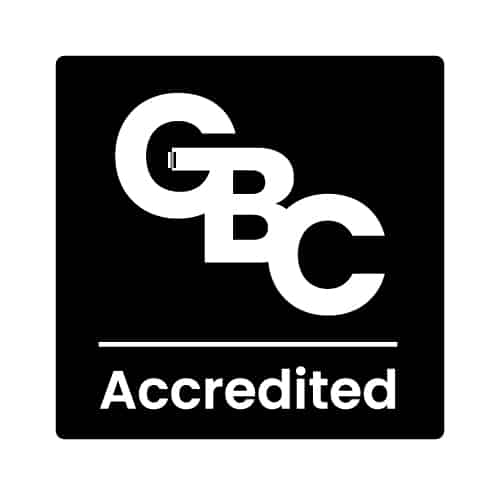No matter the size of your business, workplace stress can be a formidable obstacle. The pressures of running a business, managing teams, and achieving success often result in elevated stress levels that can impede productivity and well-being.
As a business and executive coach, supporting clients to overcome workplace stress is a common focus. In this blog post, I will explore the hidden challenges of workplace stress for SMEs and executives and provide five effective strategies to reduce stress and enhance performance.
Prioritise Self-Care: Invest in Your Well-being
One of the most powerful ways to reduce workplace stress is by prioritising self-care. It’s crucial to carve out time for activities that rejuvenate and nourish your mind and body.
Make exercise a regular part of your routine, practice mindfulness or meditation to calm the mind, and ensure you get adequate sleep.
For more information on how you can implement self-care as part of your business day, read my blog here.
Additionally, clear boundaries between work and personal life are essential. Stop trying to create a “balance” between work and personal life, and instead look for successful integration of both sides of your life.
This involves a certain degree of “give and take”, rather than the feelings of stress that emanate from trying to achieve equity between the two sides.
Delegate and Empower: Share the Load
Bearing the weight of numerous responsibilities can amplify stress levels. Learn to delegate tasks effectively and empower your team members to take on additional responsibilities.
By distributing workload strategically and entrusting capable individuals with important tasks, you not only lighten your own burden but also foster a sense of ownership and development within your team.
Effective delegation enables you to focus on higher-value activities and pursue areas of growth or areas in which you have a passion.
Streamline Processes: Enhance Efficiency
Inefficiencies in processes and workflows can contribute to workplace stress. Take a critical look at your operations and identify areas where improvements can be made. Streamline processes, eliminate unnecessary steps, and automate tasks whenever possible.
By optimising your business operations, you’ll create a more efficient and effective work environment.
Simplifying workflows not only reduces stress but also enhances productivity, allowing you and your team to achieve more in less time. This is often an area where an outside perspective can be valuable.
Foster Open Communication: Build Supportive Relationships
Effective communication is a powerful tool in combating workplace stress. Encourage open dialogue among team members and create a culture where everyone feels comfortable sharing concerns, ideas, and feedback.
By fostering a supportive work environment, you establish strong relationships built on trust and collaboration.
Regular check-ins, team meetings, and feedback sessions provide opportunities to address challenges and proactively manage stress.
Cultivating a supportive network within your organisation enhances resilience and helps individuals navigate workplace stress with greater ease.
If you’re a smaller business, perhaps a sole trader, then consider the opportunities for networking and co-working. Sharing the everyday challenges that you face can help to bring a fresh perspective.
Time Management and Prioritisation: Focus on What Matters
Time management is crucial for reducing workplace stress and maintaining focus on high-priority tasks.
Start by identifying your most important objectives and aligning your daily activities accordingly.
Break down larger goals into smaller, manageable tasks and set realistic deadlines. Use productivity techniques, such as the Pomodoro Technique or time-blocking, to structure your workday effectively.

By managing your time efficiently and prioritizing tasks, you’ll experience a greater sense of control, reduce stress levels, and accomplish more in less time.
In conclusion, workplace stress is a challenge that many SMEs and executives face, but it can be successfully managed with the right strategies in place.
By prioritising self-care, delegating tasks, streamlining processes, fostering open communication, and mastering time management, you can create a work environment that promotes well-being and productivity.
As a business and executive coach, I am here to support you on your journey to reducing workplace stress and achieving long-term success.
With my expertise in stress management techniques and emotional intelligence coaching services, I can provide you with the tools and strategies necessary to navigate the challenges of the modern work environment.
Don’t let workplace stress hold you back. Take the first step towards a healthier, more productive work environment today. Contact me to learn more about how my coaching services can help you and your organisation overcome workplace stress and thrive.
Together, we can create a roadmap to success and unlock the full potential of your business.







